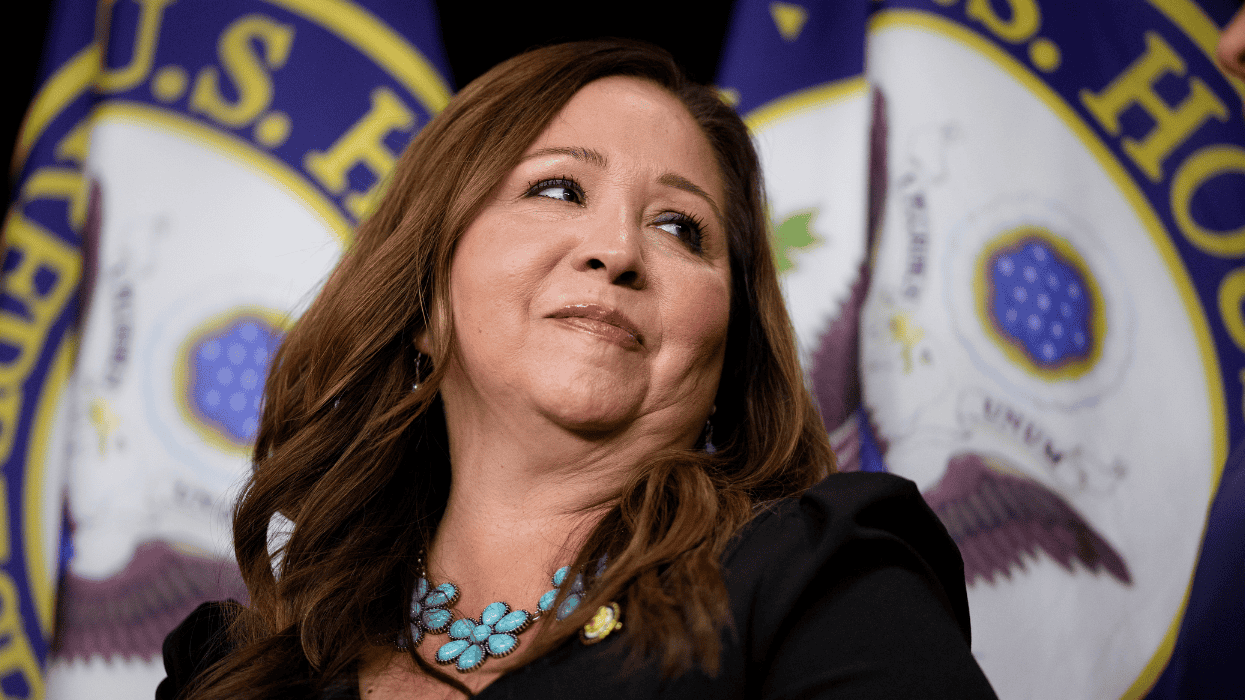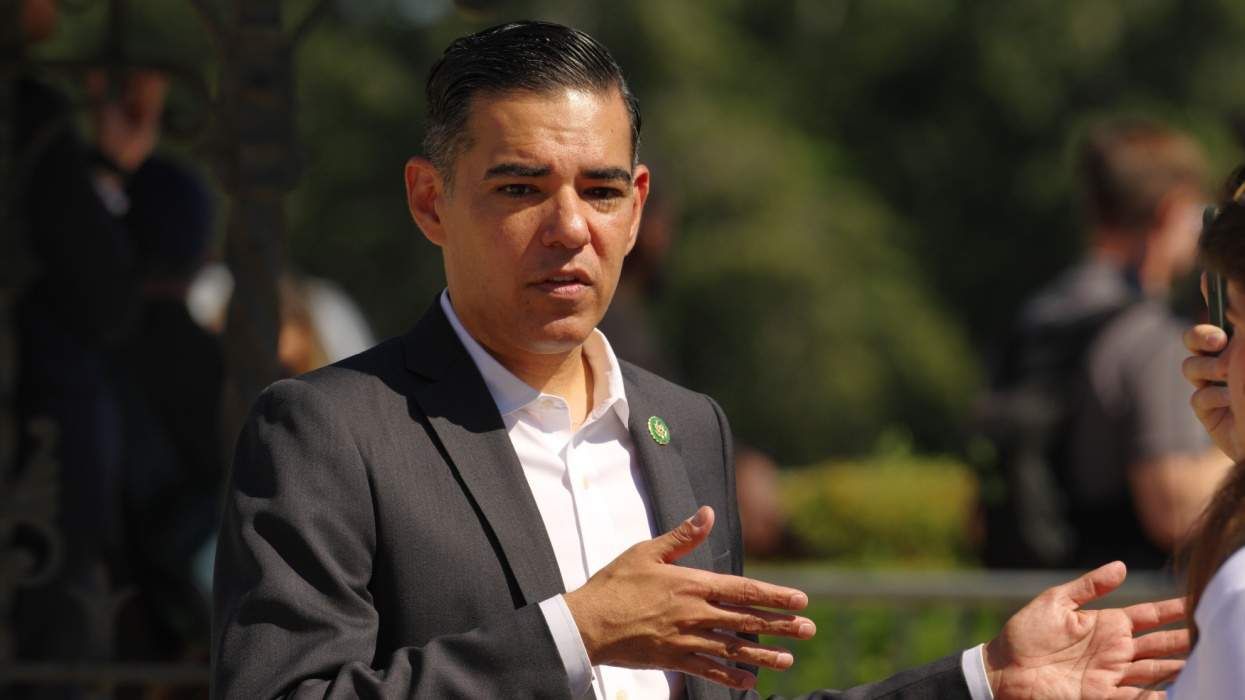A U.S. district
judge in Washington, D.C., on Thursday ruled that the
Bush administration's policy of forcing recipients of
U.S. AIDS funds to sign declarations opposing sex work
violates the groups' First Amendment free
speech rights, The Washington Post reports. A
federal judge in New York last week also rejected the policy
on the same legal grounds.
Right-wing
members of Congress in 2003 passed two laws linked to the
President's Emergency Plan for AIDS Relief that
required any recipient of U.S. funds to publicly
oppose sex work and sex trafficking. The Bush
administration in June 2005 began requiring all programs
seeking PEPFAR funds to sign pledges stating their
opposition to the practices.
U.S.-based AIDS
organizations operating overseas programs, particularly
those working in extremely poor nations, protested the
requirement, saying that promoting safer sex among sex
workers was an important part of their outreach
efforts. Other groups worried that they would have to
end programs targeting sex workers, even if paid for with
separate funds, in order to obtain the federal AIDS
grants.
DKT
International, a not-for-profit organization that provides
family planning services in 11 countries, sued USAID
over the policy in Washington, D.C., district court.
DKT officials said they would not sign the pledge
because the group distributes condoms to sex workers in
Vietnam, which it considers a key HIV prevention initiative
in the country. The Open Society Institute, the
Alliance for Open Society International, and
Pathfinder International filed suit against the policy
in New York district court.
Federal judge
Emmet Sullivan on Thursday ruled against the Bush
administration in the DKT lawsuit, saying the requirement
"casts too wide a net and is not narrowly
tailored." He also ruled that the requirement
forces organizations to "parrot the
government's policies," which in effect
strips them of their First Amendment free speech rights. "By
mandating that DKT adopt an organizational-wide policy
against prostitution, the government exceeds its
ability to limit the use of government funds,"
Sullivan wrote. (The Advocate)

































































Charlie Kirk DID say stoning gay people was the 'perfect law' — and these other heinous quotes